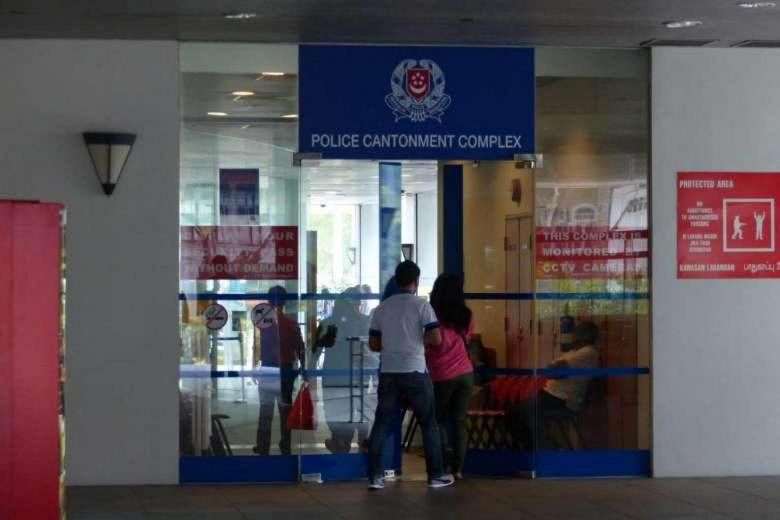Should individuals be allowed to opt out of video-recorded interviews when questioned by the police - a new initiative being proposed by the Government? Should editing of video-recorded interviews be allowed?
These were some of the concerns raised to the Ministry of Law (MinLaw) during a public consultation held from July to August last year to discuss some 50 proposed changes spanning the criminal justice process, from investigation to court processes and sentencing.
The changes were tabled yesterday in Parliament under the Criminal Justice Reform Bill and the Evidence (Amendment) Bill.
In response to the concerns raised over the video recording of police interviews, the ministry said individuals can indicate their preference to opt out, as some may be willing to give a statement to the police only off-camera. An investigator can take this willingness into account in deciding whether to proceed with the video-recording of the interview.
An insistence on video recording might undermine investigations, the ministry said. It was responding to concerns that allowing opt-outs might lead to accusations that the individual had been coerced into this.
Editing of video-recorded interviews is also required to protect sensitive information on national security or intelligence sources, said MinLaw.
It added that, if necessary, the court can decide to view the edited portions.
MinLaw said that it received feedback from the public, civil society organisations, the Bar and others. It also held dialogues with the Law Society and the criminal Bar, and consulted with the judiciary, the Attorney-General's Chambers and other ministries.
While there was broad support for the proposals, there was also a difference of views in some areas.
For instance, MinLaw dropped a proposed procedure to deal with disputes over legal professional privilege during police investigations. Legal professional privilege protects communication between lawyers and their clients from being disclosed.
Some expressed reservations about the practical implementation of such a procedure, saying it would effectively undermine legal professional privilege.
Some were also against the proposal that defence lawyers cannot ask questions about a complainant's sexual history that is unrelated to the charge, unless the court allows it.
The ministry said it went ahead with the proposal as there is public interest in ensuring that victims are not deterred from coming forward.
However, MinLaw agreed to lower the threshold for the court to consider in deciding whether to allow such questions, from "manifestly unjust" to "in the interests of justice". It added that the latter phrase would be left for the court to interpret and apply.
Correction note: This story has been edited for clarity


